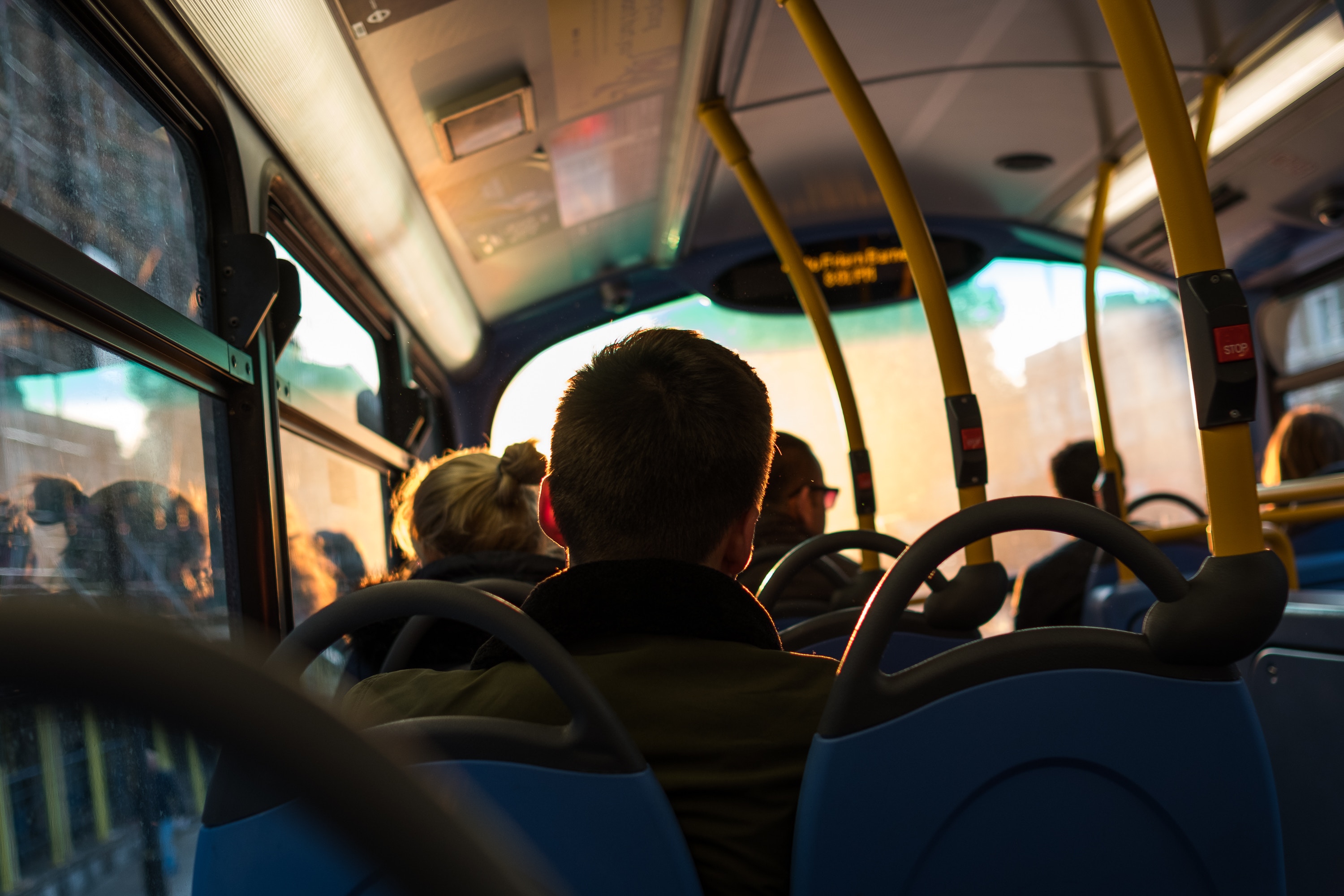The Equality and Human Rights Commission has warned that transport operators must make buses, trains and other public transport easily accessible to vulnerable communities of people, or risk facing legal action.
The commission today launched a scheme which would help fund legal support for those who have experienced discrimination because of their age or disability while using, or attempting to use, public transport.
As well as the legal fund, the ECHR will provide help with carrying out complaints, offer advice, and help with communication.
Disabled and older people’s right to take public transport is one that we will vigorously defend.
David Isaac, EHRC chair
David Isaac, the chair of the Equality and Human Rights Commission, explained the scheme is part of a wider project which is putting pressure on the transport industry to improve policies, practice, and accessibility.
“Transport operators have clear responsibilities in law to help disabled people travel freely, but often they are failing to meet them. Disabled and older people’s right to take public transport is one that we will vigorously defend,” he said.
“This funding will offer legal support to resolve complaints in the first instance but failing that, we will not be afraid to support a case to ensure that everyone is able to enforce their legal rights. Disabled people and older passengers must be able to enjoy public transport just like everybody else.”
No Transport Can Create Isolation

Image Credit: Unsplash
Not having an accessible transport system can cause isolation and confusion for many passengers. An irregular bus schedule means many elderly people stay in their homes, for fear of not being able to return home.
Poor quality signage and information can cause confusion for those with visual and hearing impairments, especially on trains where travel information is often conveyed over often inaudible tannoy systems.
When it comes to delays, vital announcements are often made over garbled and poor quality tannoy systems, creating a sense of loss and confusion which no rail passenger should have to experience.
Deaf campaigner Liam O’Dell
Campaigner and journalist Liam O’Dell explained: “As a deaf person, I rely on clear and accessible signage to understand key information about my journey.
“Yet when it comes to delays, vital announcements are often made over garbled and poor quality tannoy systems, creating a sense of loss and confusion which no rail passenger should have to experience.
“This problem also extends to screen displays on the platform and on the trains themselves. On my local train service, these displays often show inaccurate information or are turned off altogether.”







